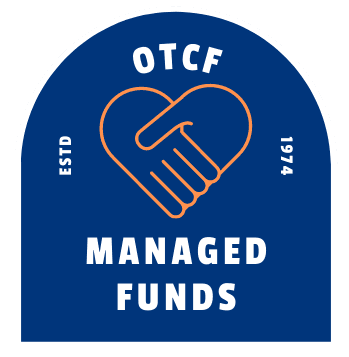
One of the great attributes of a community foundation is its ability to fit the needs of the citizens’ benevolent desires by simplifying the process to create a fund. The community foundation affords one a low cost alternative to setting up his or her foundation or a trust in a bank. Setting up a fund can be done during your lifetime or created in your will. You may make the purpose of the fund general or specific. A fund can give you some power over what your money is used for.


















